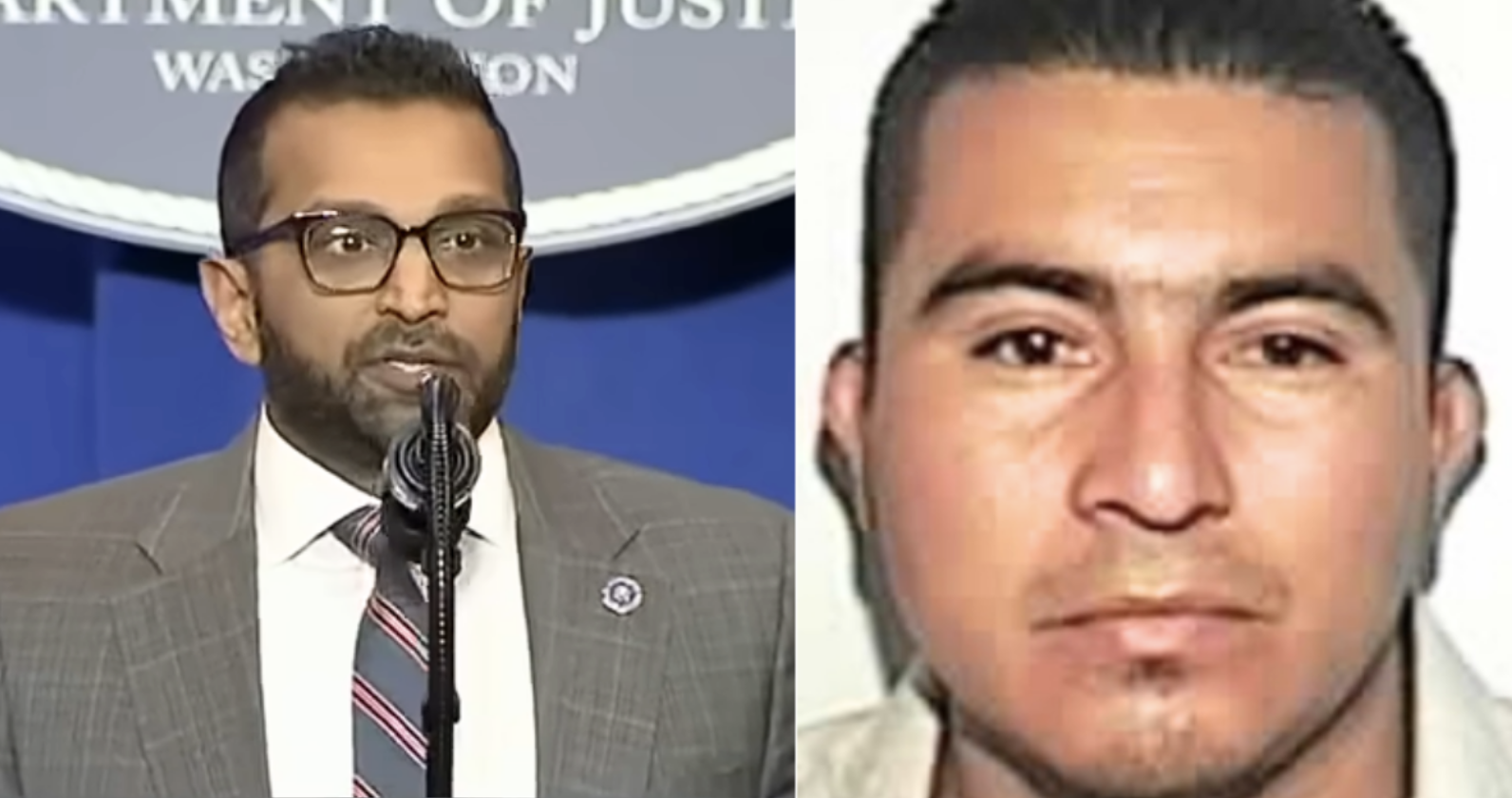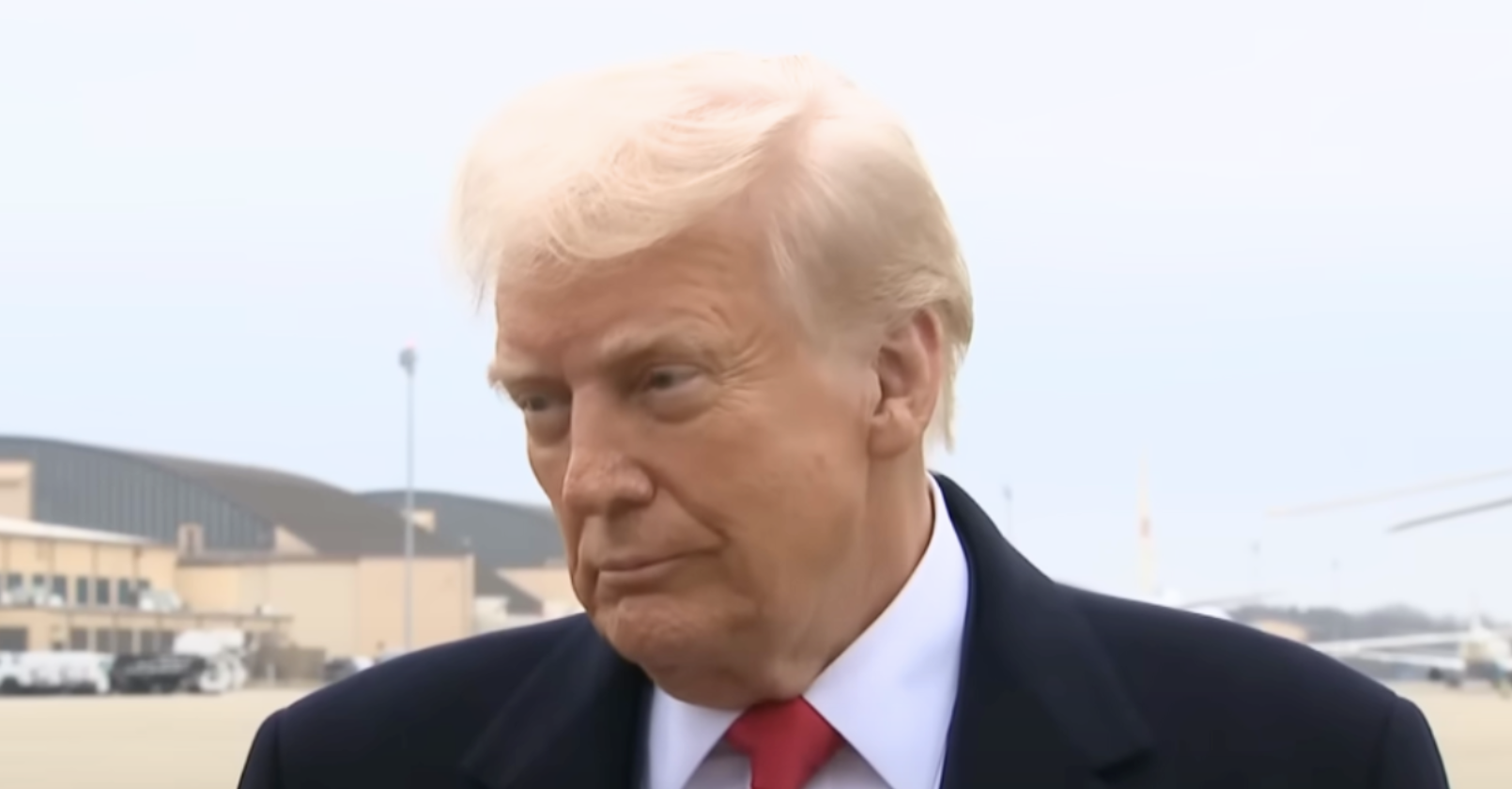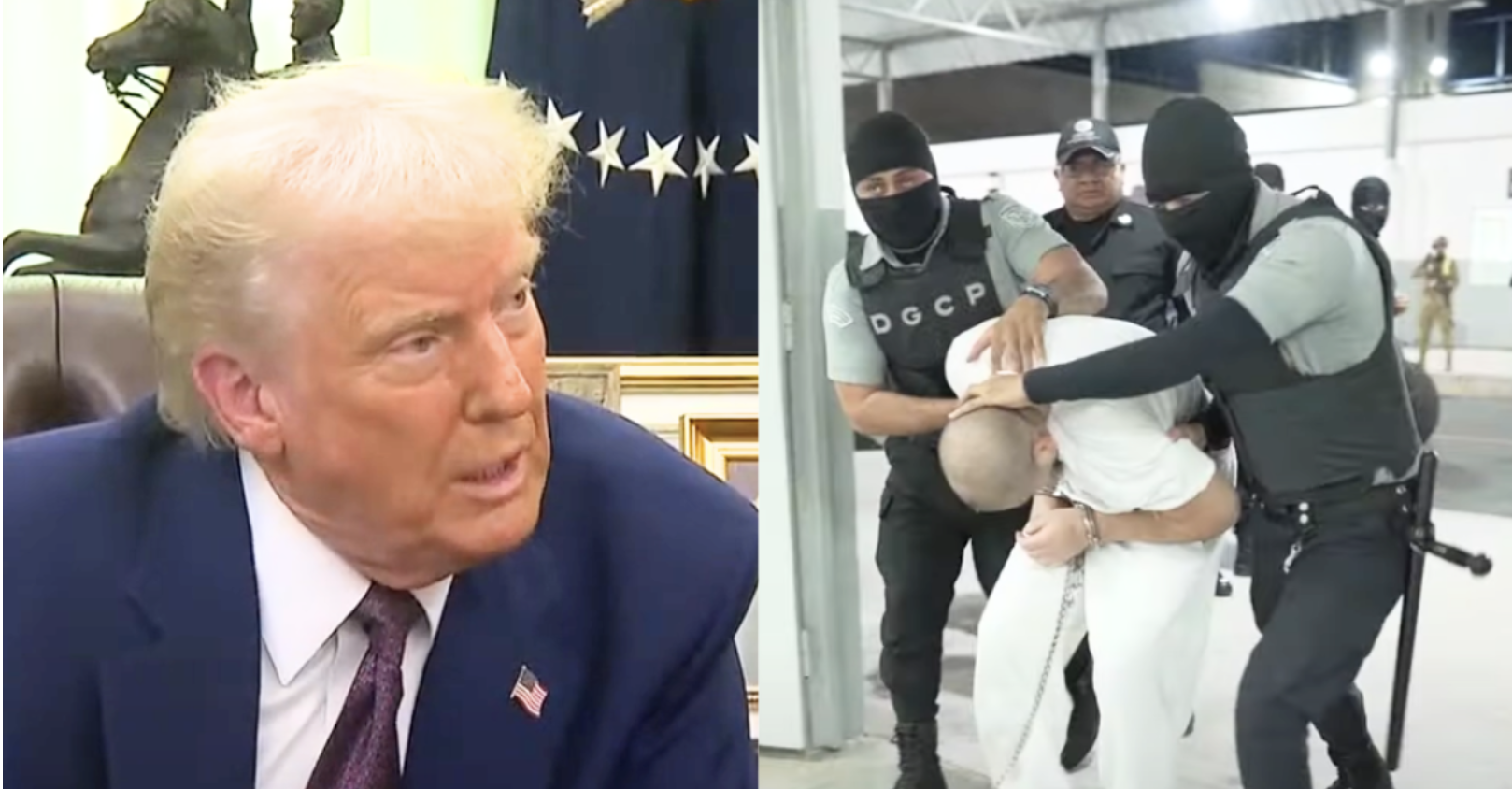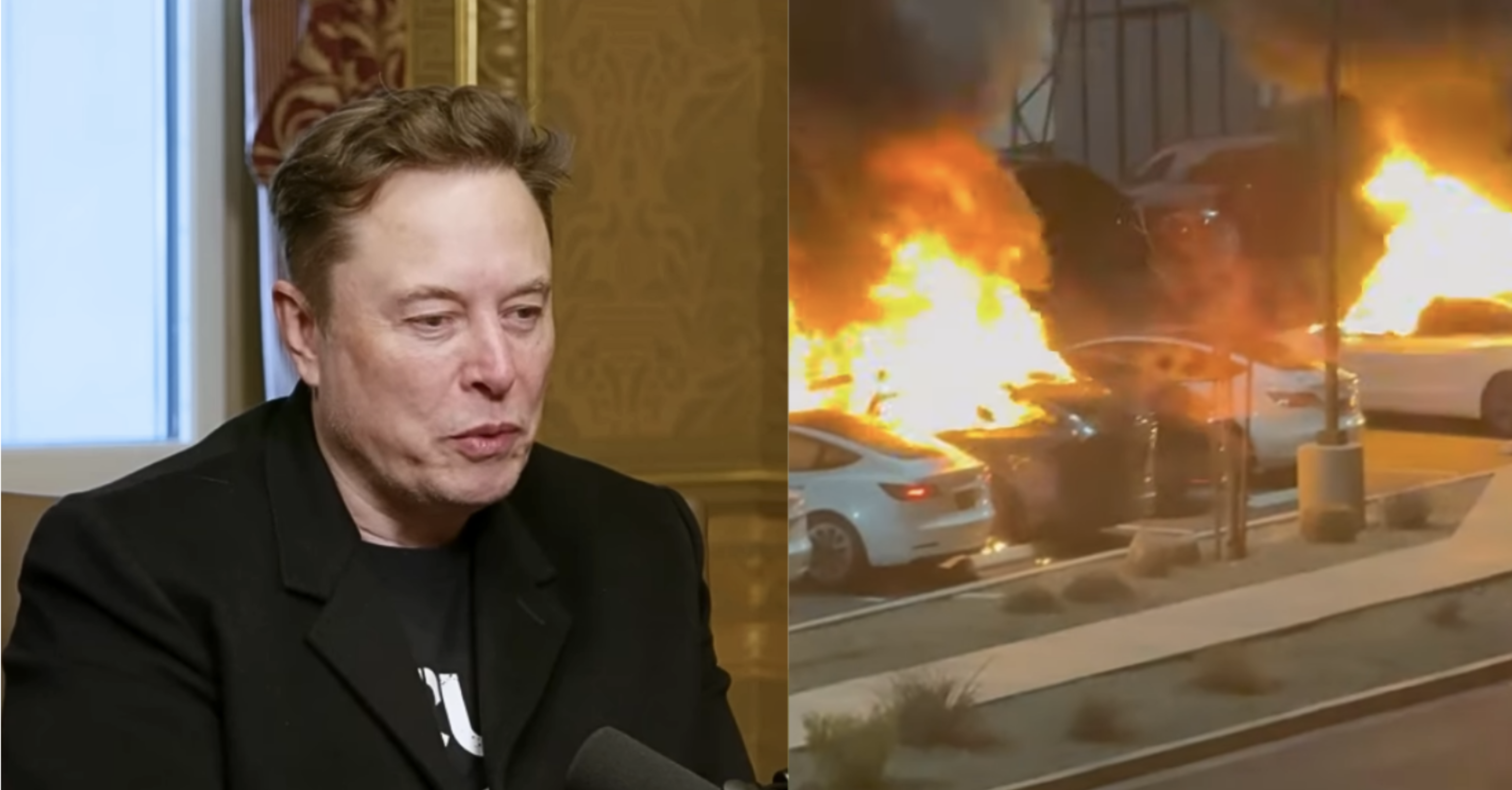US District Judge James Boasberg reportedly pressed Department of Justice lawyers about their refusal to turn around planes carrying migrants being deported under the Trump administration’s invocation of the 1789 Alien Enemies Act during a tense Monday courtroom confrontation.
The standoff began Saturday when Judge Boasberg temporarily halted deportations of suspected Tren de Aragua gang members, Resist the Mainstream reported.
DOJ attorneys are said to have informed the judge that two planes were already airborne—one bound for Honduras and another for El Salvador—when his order was issued.
Although Boasberg verbally directed the planes to return, this instruction was not included in his written order, creating a point of contention that dominated Monday’s hearing.
U.S. District Judge James Boasberg has not only blocked President Trump’s deportation of foreign gang members, he’s ordered that the ones already on a plane out of the country be returned.
This is treason.
This Obama-appointed activist judge needs to be impeach, prosecuted, and… pic.twitter.com/DL9YrofvRo
“I’m just asking how you think my equitable powers do not attach to a plane that has departed the U.S., even if it’s in international airspace,” Boasberg stated during the proceedings, as outlined in a report published by ZeroHedge.
When pressed about flight details, DOJ representatives declined to provide specific information, citing national security concerns. This refusal visibly frustrated the judge.
“You’re saying it’s classified? I can receive classified information. Or is there some other basis? Why are you showing up today without answers?” Boasberg demanded.
The judge proceeded to request specific details about Saturday’s operations, including the number of planes that departed based on the presidential proclamation, passenger counts, destination countries, departure and arrival times, airspace positions and when individuals were transferred to custody.
Journalist Julie Kelly, who documented the exchange, reported that three flights were at issue: “Two that left before any written order (and that DOJ says did not include individuals covered under the Alien Enemies Act) and one that might have departed after Boasberg’s minute order posted around 7:30pm on Saturday.”
Hearing now underway in Judge Boasberg’s courtroom on his nationwide temp restraining order related to the president’s March 15 proclamation invoking the Alien Enemies Act. Boasberg acted within hours of a lawsuit filed by ACLU on behalf of 5 suspected Venezuelan terrorists pic.twitter.com/NAoBQmOzfh
The American Civil Liberties Union (ACLU), representing the plaintiffs, requested a sworn statement confirming that the third flight did not include migrants covered by the proclamation.
Judge Boasberg indicated he would order the government to provide this declaration, ZeroHedge explained.
In a controversial assertion, Boasberg suggested the DOJ should have halted all flights on Saturday because they were aware of his scheduled 5 p.m. hearing. This effectively implied that the Trump administration should have anticipated his potential ruling before executing the president’s order.
The judge’s position has drawn criticism from some legal observers. Mike Davis, a legal commentator, expressed concern about the judge demanding disclosure of “highly classified information about a national-security operation” involving what he described as dangerous individuals.
Wow.
Judge Boasberg demands the Justice Department must disclose highly classified information about a national-security operation involving the worst terrorists and one of America’s strongest allies in the Western Hemisphere.
The hearing concluded with Boasberg maintaining his fact-finding posture, stating he was not “planning to issue any ruling about the government’s conduct” during this particular session.
ZeroHedge characterized the exchange as “a complete power play by Boasberg,” suggesting political motivations behind the judicial intervention. However, some others defend the judge’s actions as necessary to ensure executive compliance with judicial orders.
The invocation of the 1789 Alien Enemies Act—a law from the early days of the republic—has itself become controversial. Some critics argue the law is outdated and potentially unconstitutional when applied to modern immigration scenarios, while supporters maintain it provides necessary tools for national security.







